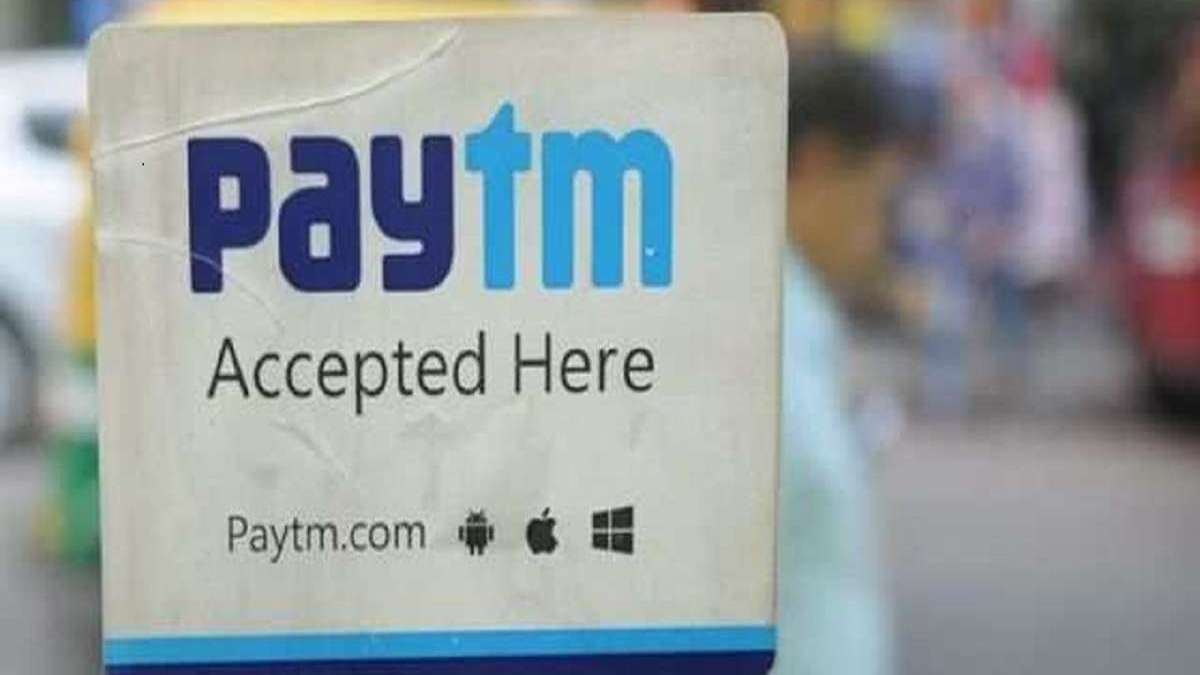Financial Services Secretary Vivek Joshi said on Wednesday that the issue concerning Paytm is within the jurisdiction of the Reserve Bank of India (RBI), emphasising that the government’s involvement is currently not warranted.
He reassured that Paytm Payments Bank Ltd (PPBL) is a relatively small financial entity, alleviating concerns about systemic stability.
Amidst regulatory actions taken by the RBI against PPBL, including the prohibition of certain services and the cessation of new customer onboarding effective February 29, Joshi clarified that these actions are under the purview of the regulator. He expressed confidence that the RBI’s measures were taken in the interest of consumers and the broader economy.
“It is action taken by the regulator. They regulate the banks. The government has had nothing to do until now when it comes to the actions taken against Paytm. And we believe that RBI must have taken the action in the overall interest of the consumer and the economy,” Joshi said.
Regarding foreign direct investment (FDI) in Paytm’s payment aggregator subsidiary, Joshi mentioned that permission has been sought for investment from China. He indicated that the application is currently under review as part of an inter-ministerial process.
Addressing concerns about financial stability due to the RBI’s actions against PPBL, Joshi reiterated that the bank’s size is relatively small, mitigating systemic risks. He noted that customers with accounts in the payments bank would need to transfer their accounts, emphasising that the migration process lies with the customers themselves.
“The customers who have an account in the payments bank, they will have to shift their account. From what I understand, it is not the bank that will migrate the accounts. The customers have to do it,” he added.
Paytm Founder Vijay Shekhar Sharma met Finance Minister Nirmala Sitharaman on Tuesday, where it was reiterated that Paytm must address concerns with the RBI directly.
Allegations have surfaced regarding PPBL’s compliance issues, including numerous non-KYC-compliant accounts and instances of a single PAN being used for multiple accounts. Additionally, concerns have been raised about transactions exceeding regulatory limits, raising money laundering concerns.
An analyst highlighted that PPBL has approximately 35 crore e-wallets, with a significant portion being dormant. The analyst raised concerns about irregularities in KYC compliance and the potential risks posed to customers, depositors, and wallet holders.
Overall, the situation underscores the importance of regulatory compliance and risk management within the financial sector, particularly in the context of emerging digital payment platforms.
(With PTI inputs)



































